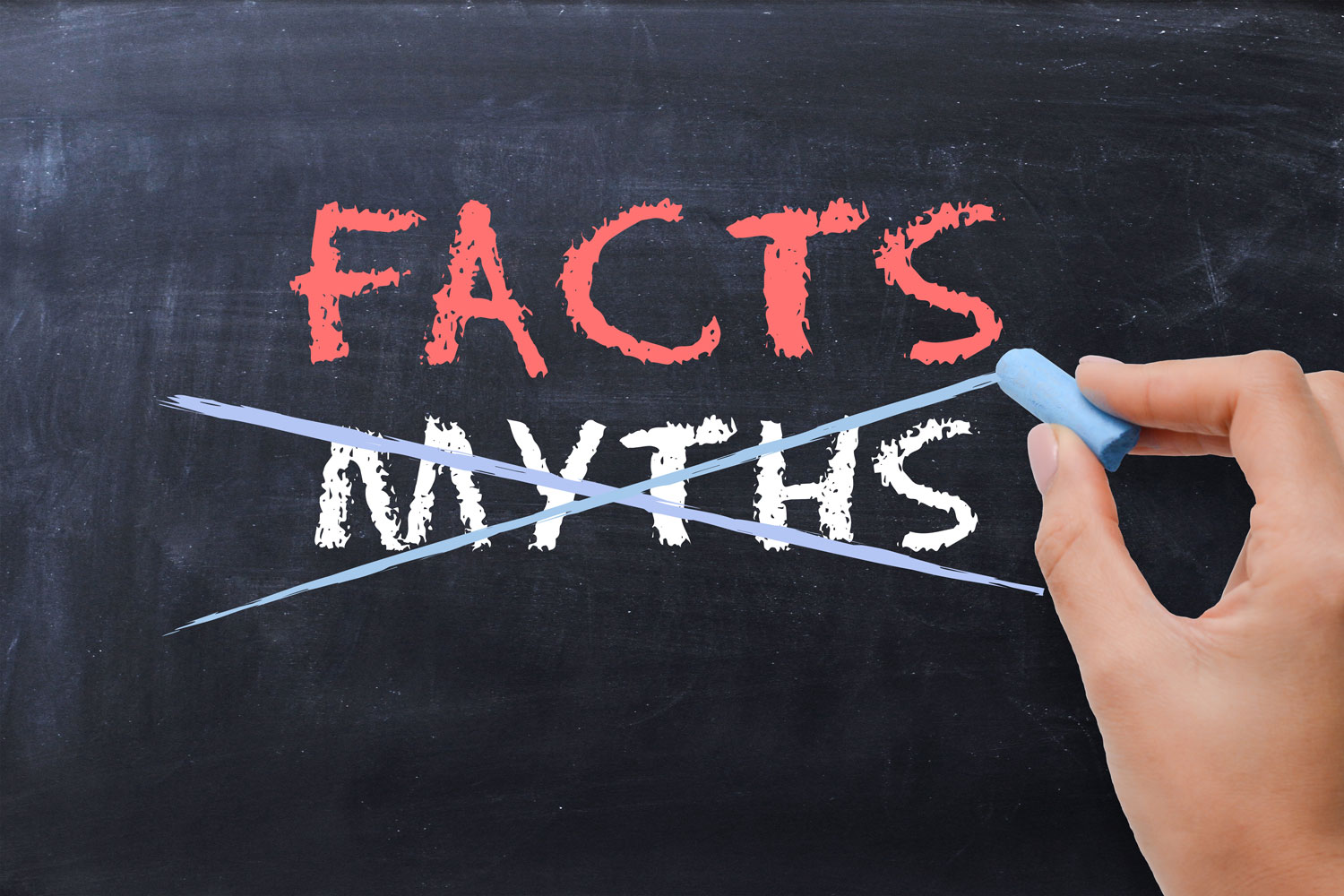Home
/
Professional Development
/
Accreditation in Public Relations (APR)
/
Fact vs. Fiction: Debunking the Top 5 APR Myths
Fact vs. Fiction: Debunking the Top 5 APR Myths
by Cassidy Davis, APR
April 2025
Since April is APR Month, this is an ideal time to celebrate Accreditation in Public Relations and the benefits it offers communications and PR professionals. You're not alone if you’ve been considering earning your APR but are hesitant due to the following misconceptions.
Myth #1: The APR is only for senior PR professionals.Reality Check: The APR is designed to benefit PR professionals at a variety of career stages. Accreditation emphasizes professional growth, strategic thinking and industry standards, all of which benefit those early in their professional journeys as well as seasoned industry pros. While it is recommended that candidates have at least five years of experience, and the process requires completion of or direct involvement in a PR campaign, the APR is a worthwhile pursuit for all PR professionals.
Myth #2: I’m a senior PR professional so I don’t need an APR.
Reality Check: While the APR formally acknowledges strategic capabilities and expertise, it provides a structured way to refresh and validate professional knowledge of current best practices in the field. Achieving your APR demonstrates an ongoing commitment to industry standards and your ability to adapt to evolving challenges in the PR world.
Myth #3: The APR process is too complicated and time-consuming to complete while having a full-time job.
Reality Check: While the APR process does require preparation, you can find support in resources like study groups, workshops and mentoring programs. You’re not alone on this journey. Many PRSA Chapters also offer advice and assistance for APR candidates. Planning and allocating time based on your schedule makes the process manageable.
Myth #4: You have to be an expert in every area of PR to earn the APR.
Reality Check: The APR doesn’t require you to be an expert in every PR specialty. While it’s an excellent opportunity to brush up on areas you may not be involved with on a day-to-day basis, a significant focus of the process is on evaluating your understanding of core competencies in the strategic research, planning, implementation and evaluation (RPIE) process. These foundational skills are transferable across various PR roles, making Accreditation relevant regardless of your area of expertise.
Myth #5: You don’t need an APR if you’re a consultant or freelancer.
Reality Check: The APR can be a powerful differentiator for consultants and freelancers. It demonstrates a commitment to professional growth and builds credibility with clients. The trust and recognition that come with the APR can also help one stand out from the competition by exhibiting a baseline of expertise in addition to one's past work.
Ready to take the next step?
Earning your APR is more than initials after your name — it’s a commitment to your professional development and advancement within the PR field. Explore resources and supportoffered by PRSA to guide you through the process. This APR Month, make it your goal to turn aspiration into action.Your future self will thank you!
Cassidy Davis, APR, is vice president, communications at Conrac Solutions. She has been involved with PRSA for the past 15 years, including roles in board leadership, programming, communications, scholarships and membership. Cassidy earned her APR in October 2024.


